Introduction
Yes, dogs can eat noodles. However, there are some caveats – the noodles must be prepared correctly and in a dog-friendly way and served in small amounts only on rare occasions.
Noodles (Udon, Buckwheat/Soba, Rice, Egg, and Instant) are a popular food around the world because they are inexpensive, readily available, easy to cook and offer good satiation levels. However, when it comes to dogs, they are not a staple – only an occasional snack.
Why are Noodles Good for Dogs?
Noodles are easy to prepare and are a good alternative in case you run out of dog food in a middle of an extended weekend or holiday. Plus, most dogs love pasta. Here are the reasons noodles can be good for dogs.
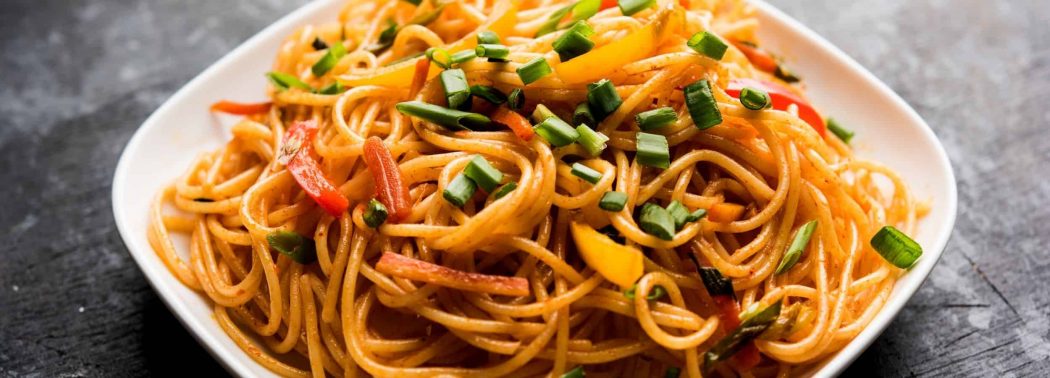
Quick Energy Boost
Noodles are high in carbs and can serve as quick energy boosters. This is useful for highly energetic and working dogs with go-all-day stamina.
B Complex Vitamins
B vitamins play several major roles in the dog’s body – from metabolism regulation to enzymatic function to utilization of other nutrients. Noodles are particularly rich in thiamine (B1) and riboflavin (B2).
Vitamin E
Vitamin E also has several functions. However, its most important role stems from its antioxidant properties. Namely, vitamin E fights free radicals, thus preventing the cells from oxidative damage.
Calcium
Calcium is pivotal for several processes and functions – it supports strong and healthy teeth and bones, enables blood clotting, helps with muscle contractions, etc.
Iron
Dogs need iron in order to produce sufficient amounts of (erythrocytes) red blood cells. Inadequate iron levels lead to decreased production of such cells and impaired oxygen distribution around the body.
Magnesium
Magnesium is an essential mineral. Dogs need magnesium for several reasons, but its main roles are transporting nerve impulses and supporting muscle contractions.
Can Noodles be Bad for Dogs?
Yes, noodles can be bad. Giving your dog large noodle portions and frequently is a recipe for disaster. In general, if used incorrectly, noodles can do more harm than good to dogs.
So, if you were thinking about making noodles a more regular part of your dog’s diet, think again. Here are the reasons noodles can be bad for dogs.
No Nutritional Value
We mentioned that noodles contain some nutrients, but their levels are low compared to the calories they bring to the food bowl. Therefore, noodles (and pasta in general) are somewhat of an empty-calorie.
Too Many Carbs
Just like any other pasta, noodles are rich in carbohydrates. Dogs do not actually need carbohydrates as they can make energy out of proteins and fats. Therefore, the excess carbs are troublesome.
Weight Gain
The high carb content will eventually lead to weight gain and obesity. Obesity is a pandemic in the canine world, increasing the risk of an array of health conditions such as diabetes, heart disease, and cancer.
Tricky Spices
Some noodles recipes are already mixed with spices and ready to cook. The dog’s stomach is not designed to handle spices. Best-case scenario, spices cause stomach upsets, and worst-case scenario, they can result in GI tract ulcers.
High Salt Levels
This is particularly true for instant noodles. Excess salt is harmful to dogs and can cause dehydration, especially in dogs with pre-existing kidney problems. In too high amounts, it can be toxic and cause salt poisoning.
Toxic Ingredients
The small package with spices that cones along most store-bought instant noodles contain potentially toxic ingredients – garlic and onion powders. Garlic and onion damage the dog’s erythrocytes (red blood cells), causing potentially life-threatening anemia.
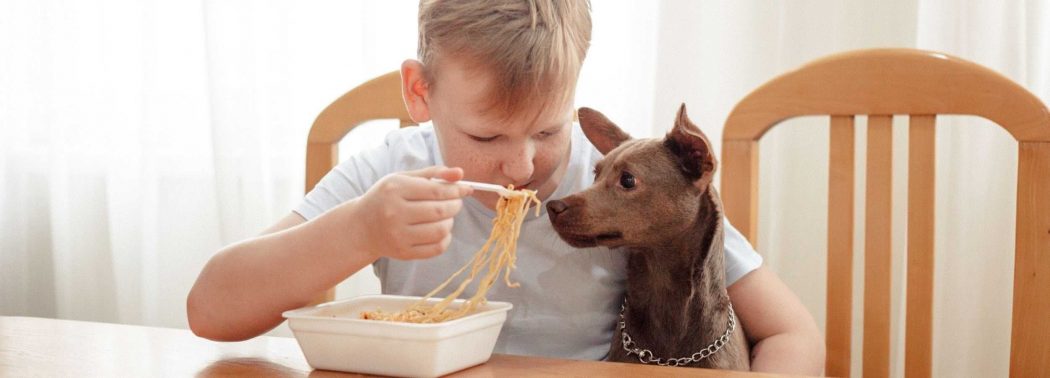
How Many Noodles Can my Dog Eat?
Well, to stay on the safe side, your dog cannot eat many noodles. The recommended serving size is one small handful of cooked noodles for the average dog. Smaller dogs need less and large, and giant dogs can eat a bit more.
As for the serving frequency, there is no need to overdo it – once every two weeks is fine. Do not give noodles to young puppies. Growing puppies have specific dietary needs, and they cannot benefit from noodles or any pasta in general.
How to Prepare and Serve Noodles for Your Dog?
Preparing and serving noodles for your dog requires some adaptation from the regular process intended for people. First, we should note that there are some pet food brands offering Udon noodles for dogs (they are made with less sodium and calories).
If you cannot find these noodles, get regular ones but be mindful about the preparation process. When cooking noodles for your dog, keep the spices, oils, and condiment packages aside as they are harmful to dogs.
Once the noodles are cooked, let them cool down and serve the noodles plain. You can mix the noodles with plain boiled white chicken meat or give them alone. Either way, you should cut them into smaller pieces – the long strands can make your dog gag or even choke.
Summary
All in all, noodles are sometimes a food for dogs. They do contain some nutrients but not in enough amounts to make them a more regular diet part. Plus, they also have some potentially risky ingredients.
Stick to the preparation and serving guidelines explained above, and do not make noodles a staple food for your dog. Keep in mind that dogs need nutritionally balanced and complete diets based on animal proteins.
Sources
- B-Complex Vitamins for Dogs, Emily Gantt, 2021
- Vitamin E for Dogs: Benefits and Uses, Paula Fitzsimmons, 2021
- The Benefits of Calcium for Dogs, VetInfo, 2020
- Pet Poison Control List – Salt, American College of Veterinary Pharmacists, 2021
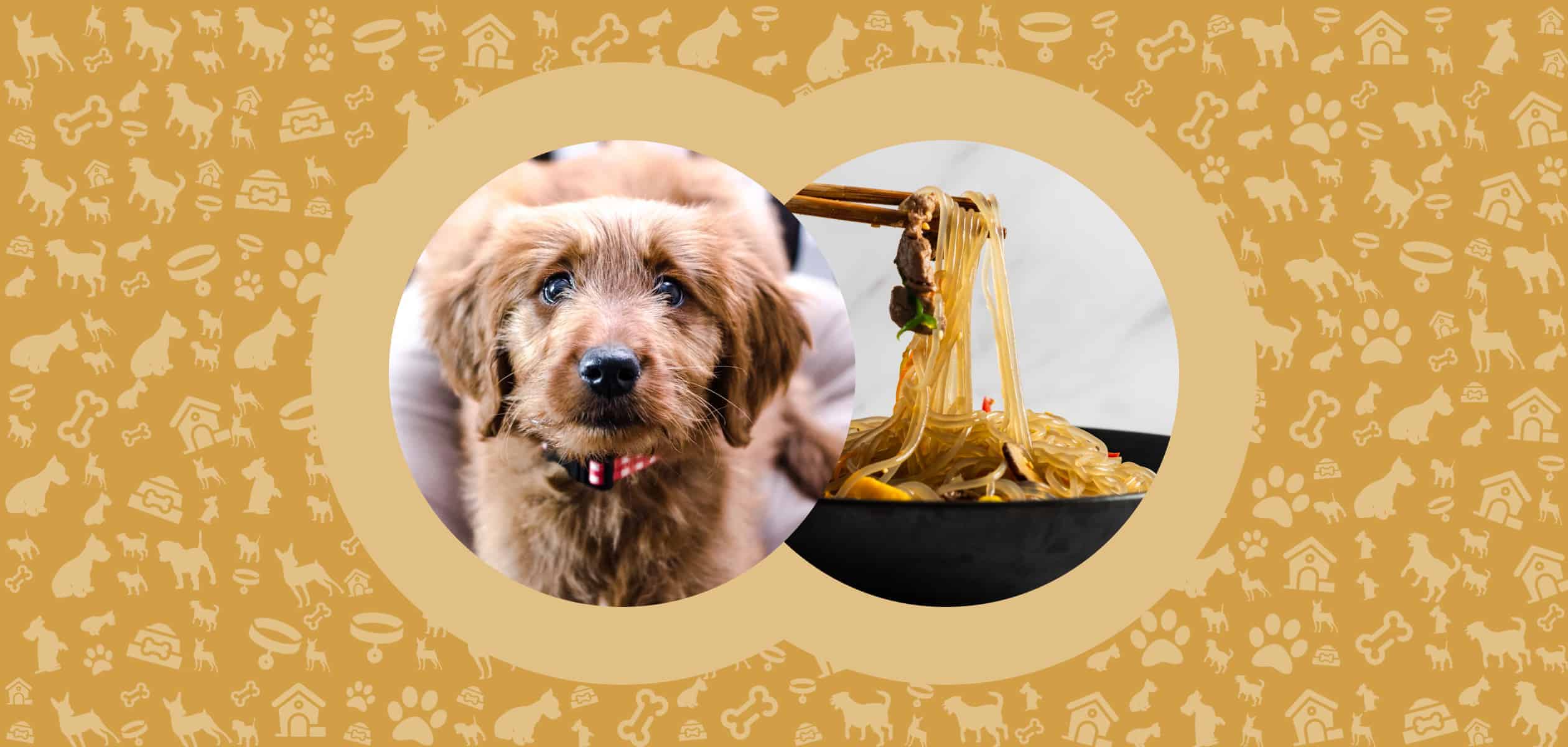
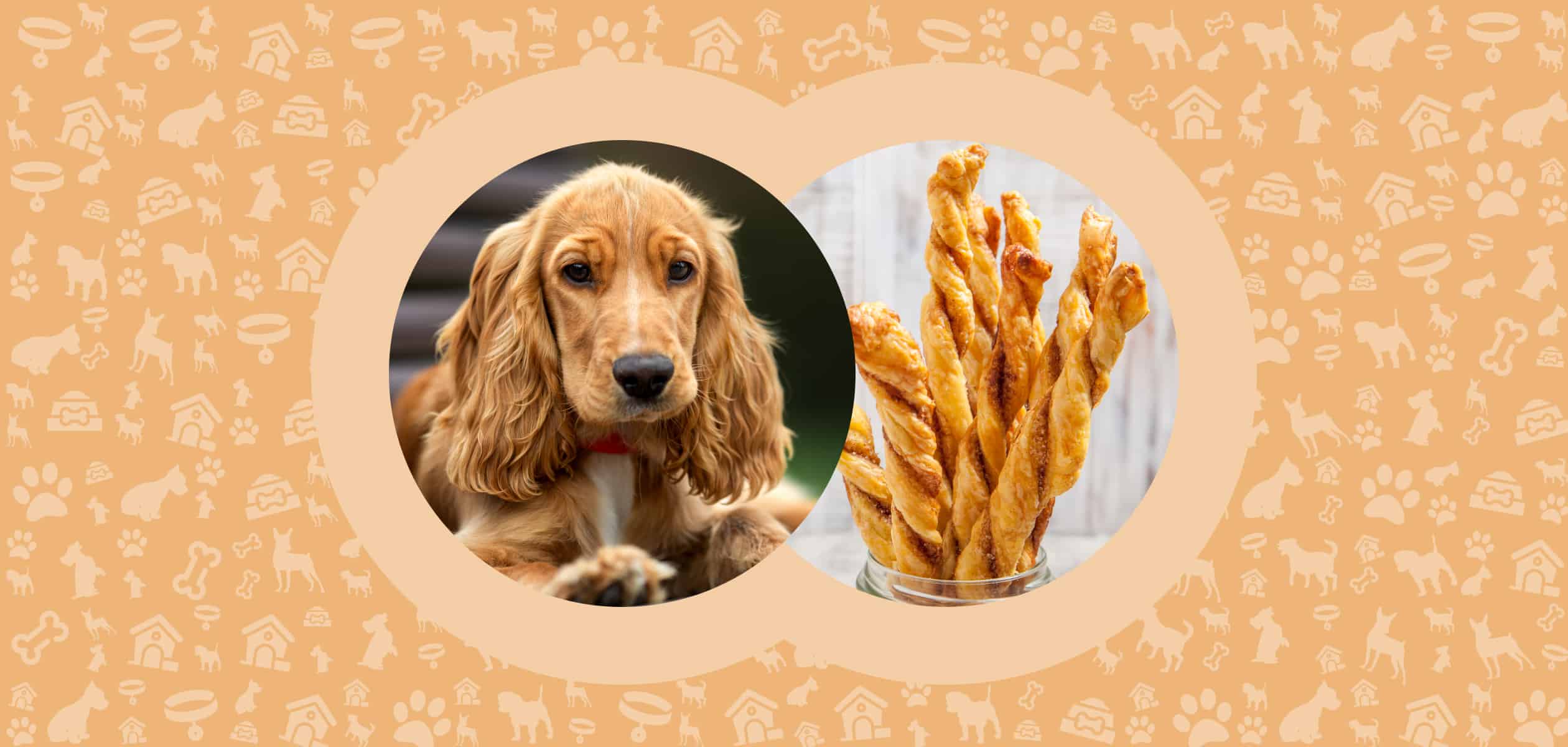
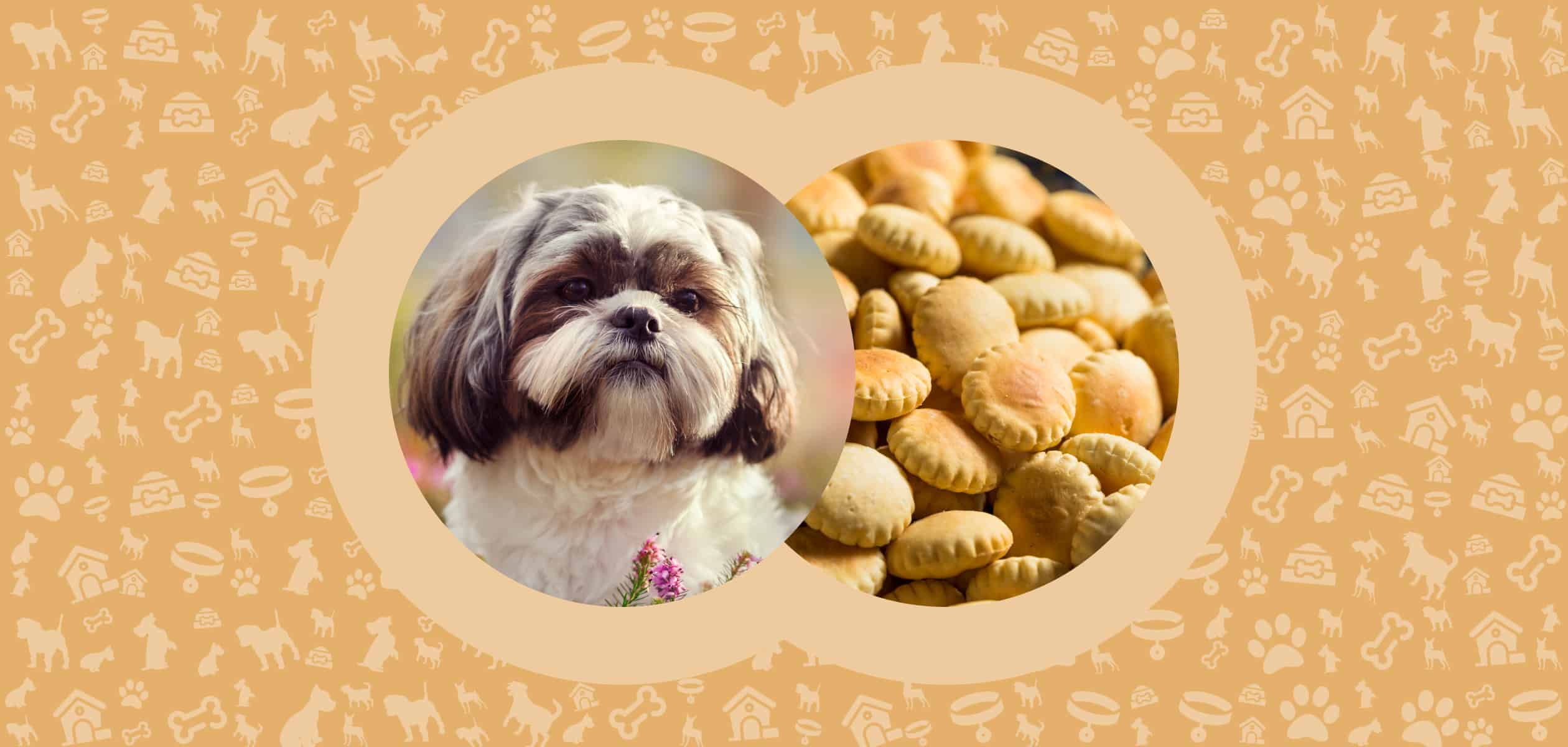
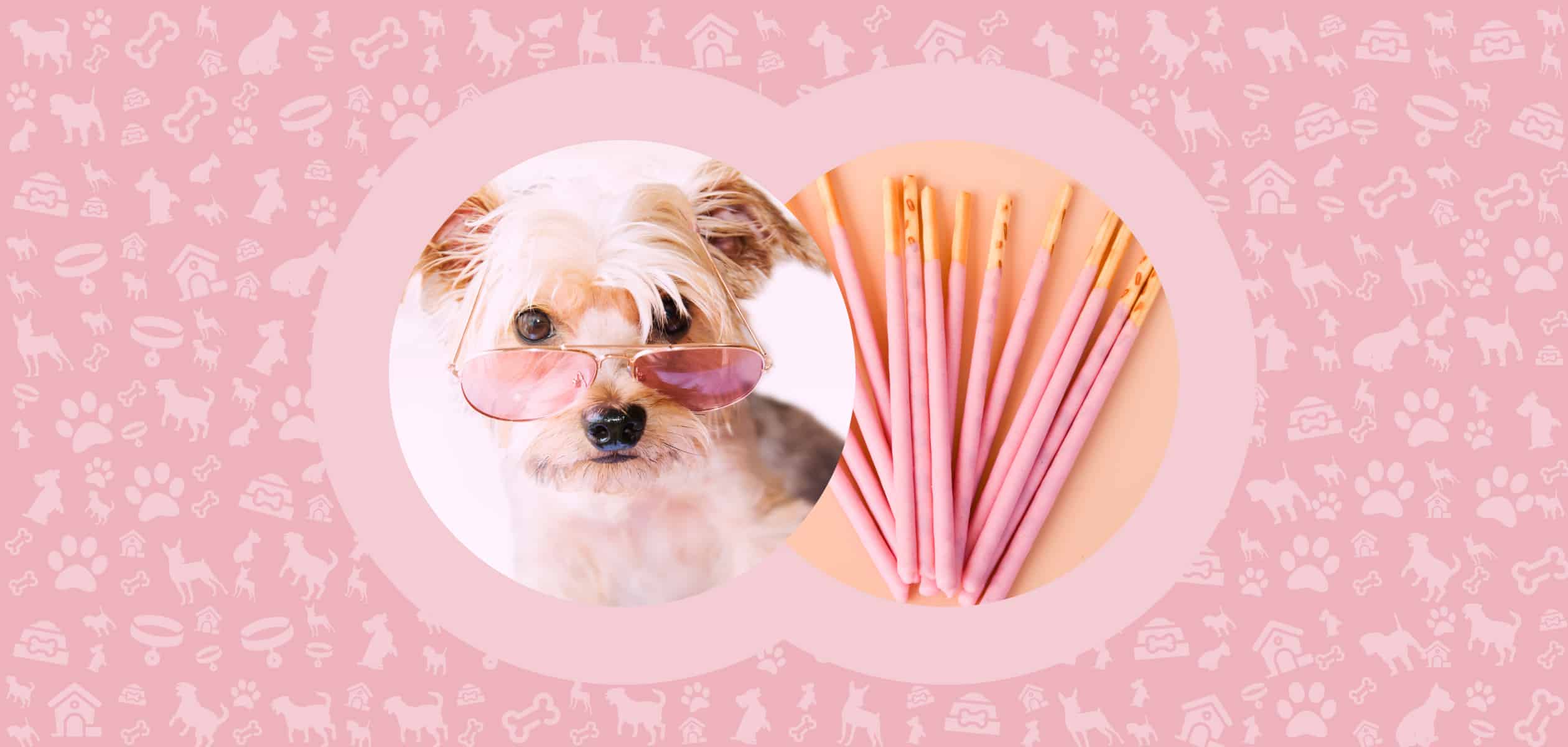
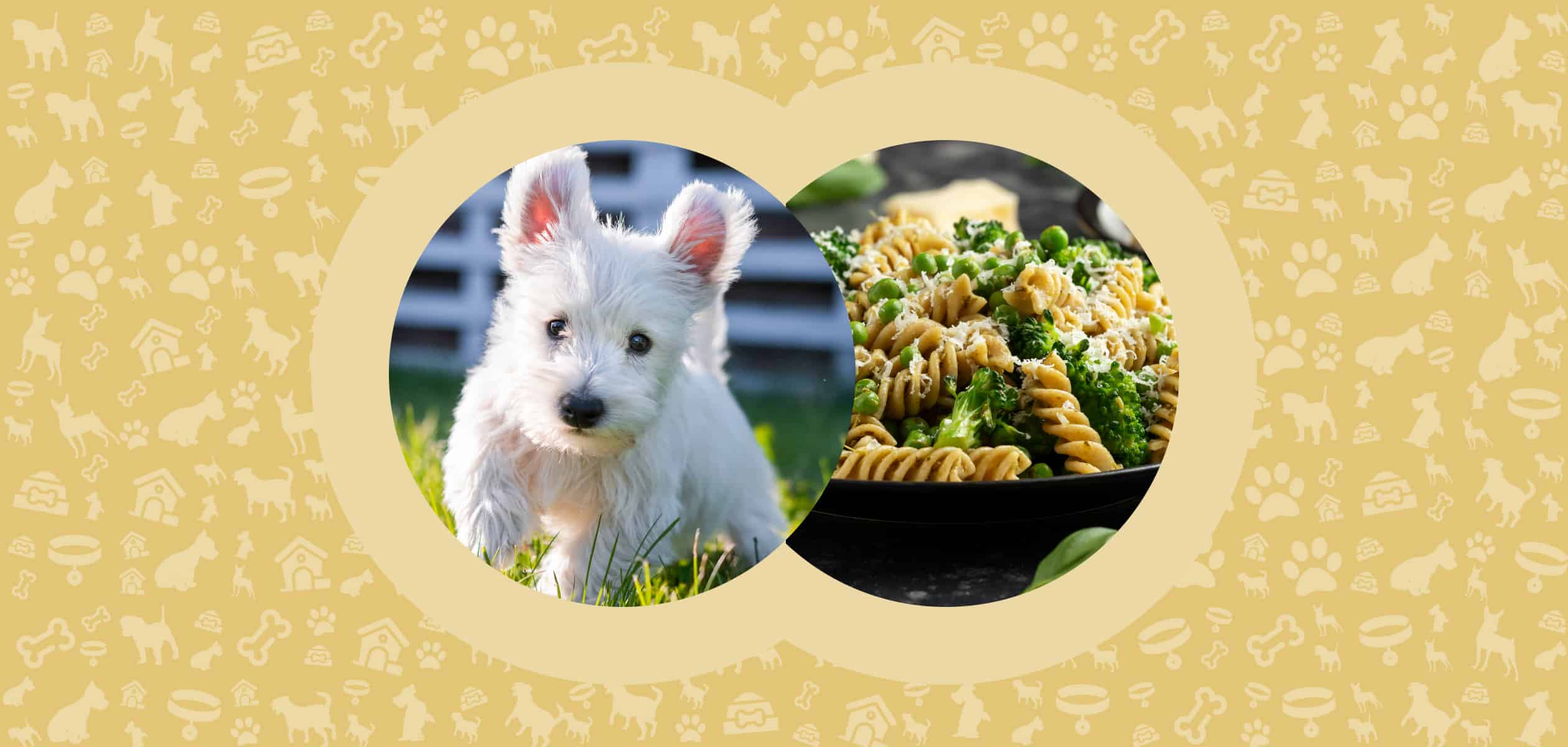
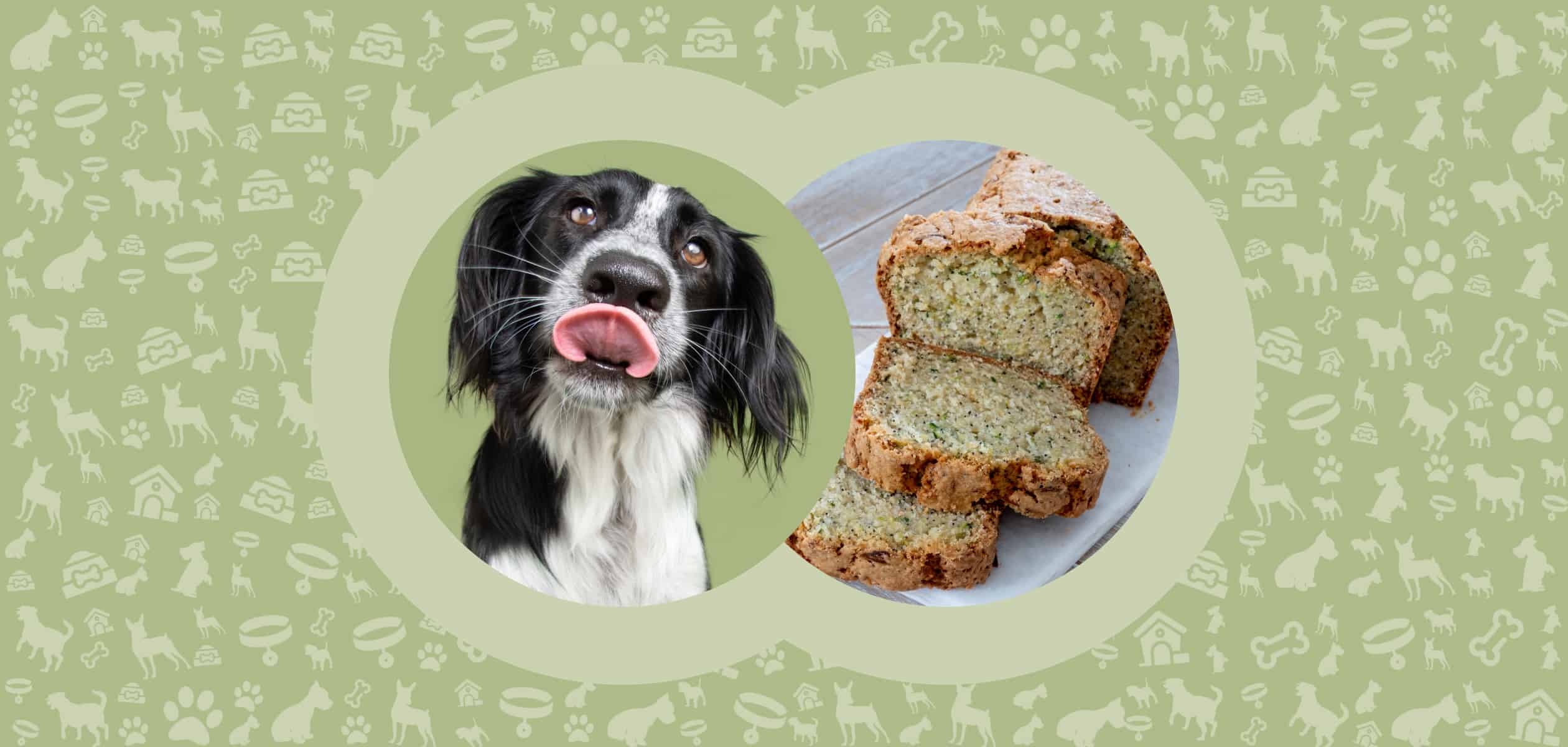
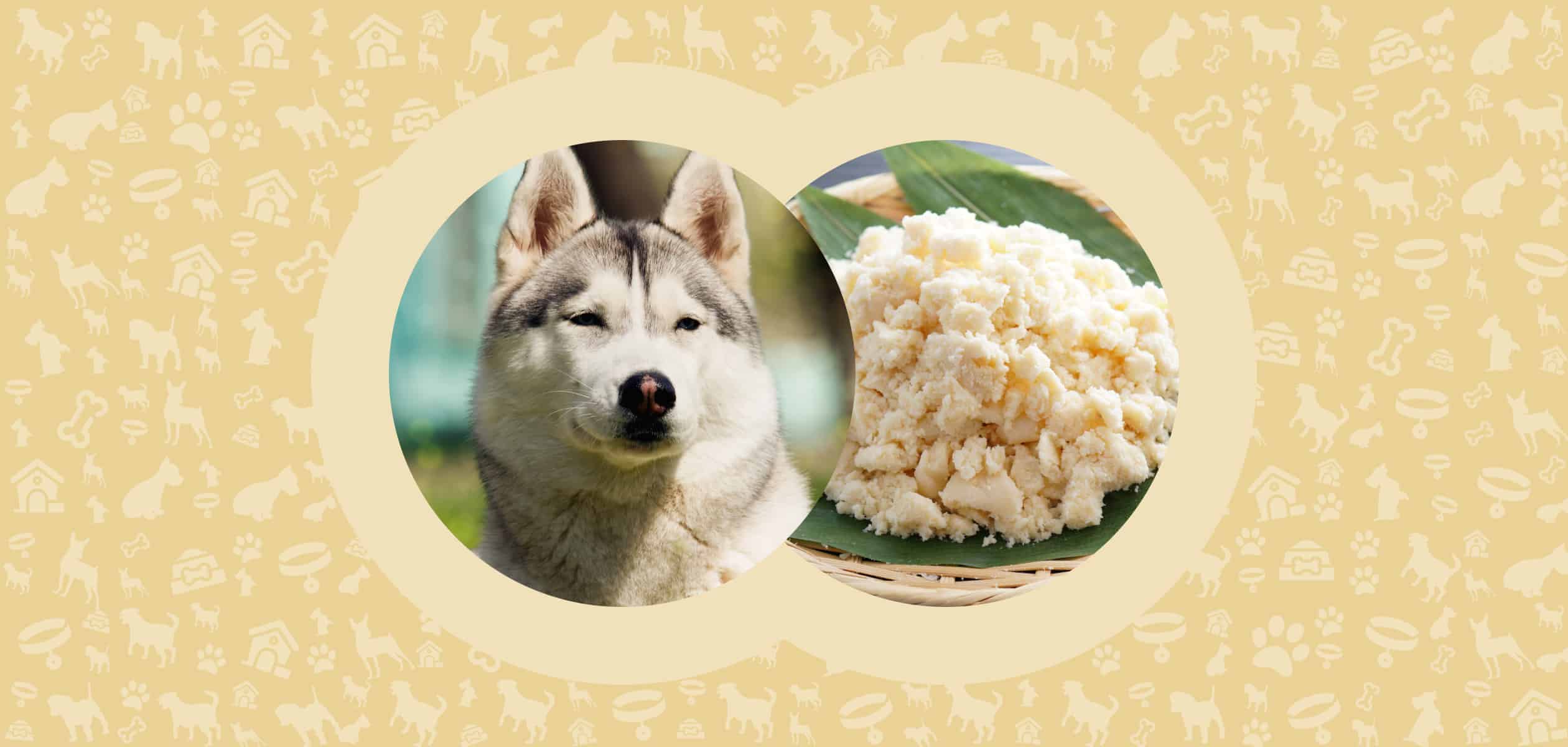
Leave a Comment